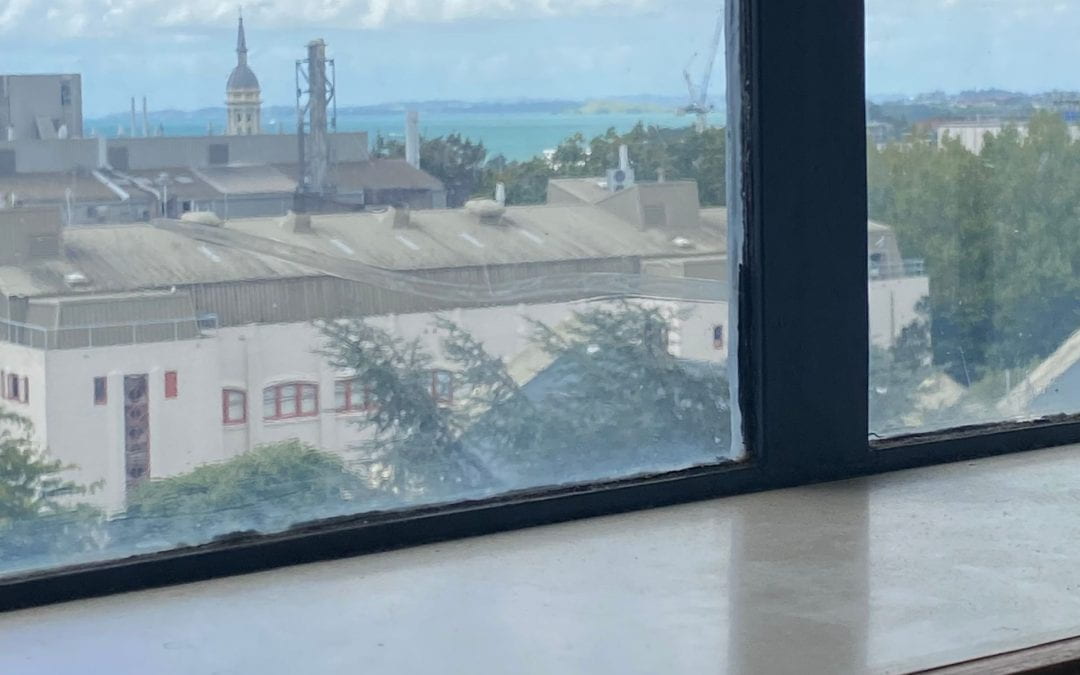For most programmes at the university, summer break runs from around mid November to mid February. In 2022–2023, I chose to complete a Summer Research Scholarship with the university under the faculty of medical and health sciences during summer break – and those ten weeks were definitely one of the best experiences I’ve had during my degree so far! So here’s the what, the why, and the how of Summer Research Scholarships at UoA.
What’s a summer research scholarship?
A summer research scholarship is a (roughly) 10 week project in which you get to be a part of a real research project happening within the university! These scholarships are offered across all the faculties of the university, and there are a myriad of projects to choose from within each faculty. When the list of projects is published for the upcoming summer (usually around August/September), each project has a small description of the project, and the supervisor(s) in charge, so you can get an idea of what happens in the project and your role in it. You can also use the uni staff directory to look up the researcher, who you can email for more information.
Overall, the scholarship is worth $6750, which is paid in installments, and is tax free. The scholarship is open for students who have completed at least 2 years of study of an undergraduate degree, or an honours degree, and some faculties’ postgraduate diplomas. You must also have a GPA above 6.0 (or 5.5 if you are Maori or Pacific).
So why should I do a summer research scholarship?
If you’re considering post-grad research, a summer research scholarship is a great way to get a taste of what the research experience is really like, especially within a field of interest. It’s also a great way to extend your knowledge and feed into passions that you might have. Essentially, you get a stipend to engage in a project that looks great on your CV, gives you inside knowledge into research, and is in a field you’re interested in – need I say more?
Sounds great, but how does a research project work?
You would choose a project under a certain faculty. My project was with FHMS, and I worked with the Auckland Bioengineering Institute. Your project would run for about 10 weeks, and the exact start and end dates are flexible, according to your and your supervisor’s commitments and schedules.
On that note, generally most aspects of the project are flexible depending on what your supervisor will allow – for example, a lot of my work was computer based as it was simulating the human brain and running statistics on brain injuries. So I was allowed to do a lot of work from home, and popped in for face-to-face meetings when needed and to get my computer loaded with the software required. The best way to know what you’ll be doing, what’s expected of you, and what your supervisor will allow, is to get in touch with them!
One of the things that made me most nervous about the project though, was whether I was going to know what to do, and if I could do the work well enough. Retrospectively, I didn’t need to worry about this. My supervisors took me through everything I needed to know. A lot of the software and processing steps I needed to run were with programs and tools I’d never used before, but everyone was very patient and helped me through any issues I had.
At the end of the project, you will write a report on your findings, and you may also have to create a poster. (As a part of the bioengineering institute, I had to do both.) While this sounds very daunting, if you’ve written a scientific/lab report before or reviewed literature, it will not be too dissimilar to writing your final report. Your supervisor will be able to give you guidance and feedback as well, as they know what will be expected, and can also help you if you get stuck! I had a great time presenting my poster to members of the Bioengineering Institute and it also increased my confidence and skills in presenting and communicating in new formats – the skills you learn from the project are invaluable for your future, whether or not you choose to go into research.
How do I get a summer research scholarship?
If you meet the criteria (the full list of regulations is here: https://www.auckland.ac.nz/en/study/scholarships-and-awards/scholarship-types/undergraduate-scholarships/summer-research-scholarships/eligibility-regulations.html
Keep an eye on the summer research scholarships page on the uni website. The list of projects is released and the applications usually open around September. You’ll need to apply on the general UoA scholarships portal. You’ll need to submit a CV, a grade transcript (you’ll find this on SSO -> academic data -> new unofficial transcript), and any extra info that will be required when you start your application. Additionally, you also need to apply for a summer research scholarship in the application for admissions portal (the same portal you use to apply for your degrees). You should be notified by email of the outcome, and will need to accept the offer in the admissions portal as well.
Here’s the official uni page for the most up to date info on applying: https://www.auckland.ac.nz/en/study/scholarships-and-awards/scholarship-types/undergraduate-scholarships/summer-research-scholarships/how-to-apply.html
Hopefully, I’ve convinced you that a summer research project will be a valuable use of your summer – and don’t worry, you do get a few weeks to enjoy the Auckland weather as well!

It’s great to hear about the summer research scholarship opportunities available at universities. What are some benefits of participating in a summer research scholarship, besides the financial compensation?
tel u